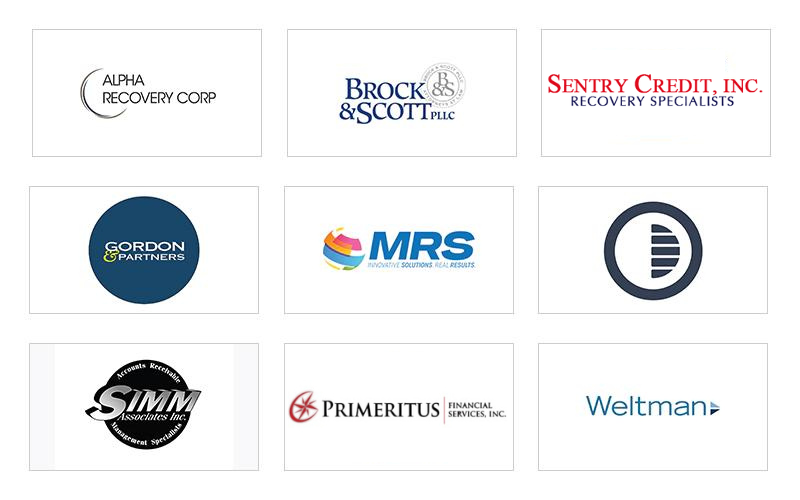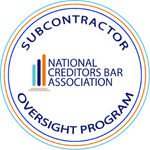Top 5 Reasons Why You Should Monitor Your Vendor Risk
- February 6, 2023
- Category: Compliance Management

Recommended Reading
As collection businesses rely more on third-party vendors to improve their collection outcomes, it has become the need of the hour to understand and manage the risks associated with those relationships. A lack of visibility over vendor information and activities can catch up on your business in times of uncertainty. Regularly checking and mitigating vendor risk via risk assessments and vendor audits is essential for protecting your collection business, your data, and its reputation. Here are the top five reasons why you should check (and constantly monitor) your vendor risk along with a few vendor management tips:
1. Data Security
Third-party collection vendors often get access to sensitive consumer information such as Personally Identifiable Information (PII) data. Obtaining SOC audit reports from vendors is not often enough to safeguard your data, especially after the roll out of CFPB’s Consumer Financial Protection Circular. Regularly checking risks associated with vendors’ data security controls can help ensure that your vendors are taking appropriate measures to protect your data and minimize the risk of data breaches, which, as per the CFPB’s latest circular, might add liability to your business.
Pro tip: Check if your vendors have a comprehensive data security plan in place to protect the data you shared with them. The plan should outline the measures your vendor(s) should immediately take to protect customer data, such as password management, Multi-factor Authentication (MFA), and software updates.
2. Regulatory Compliance
Account Receivable Management (ARM) Industry has strict regulations and standards that must be met. Regularly checking vendor risk (and following it up with a vendor audit) can help you ensure that your vendors comply with CFPB regulations and standards and that you are taking appropriate measures to protect and avoid regulatory fines.
Pro tip: Setting compliance standards before dealing with vendors can save you time and money. Implement a robust vendor management system that includes vendor policies, vendor selection procedures, and internal controls to ensure that your vendors also comply with CFPB and other applicable regulations.
3. Cost Management
Data breaches and regulatory fines can be expensive, with costs ranging from lost business and damage to reputation to legal fees and compensation for affected customers. Managing your vendors as per their risk profile can help you mitigate any immediate threat in this regard.
Pro tip: By getting all vendor-related information (contracts, policies, certification, etc.) in a single place, you can revisit and perfect your vendor management process. An advanced compliance management system like IPACS can help you achieve the same.
4. Reputation
A security incident or data theft involving a third-party vendor can harm your reputation. In addition to this, any regulatory fines arising from it can damage your brand’s reputation, which can be more difficult to recover from than the monetary loss. Periodically assessing vendor risk can help you identify and mitigate potential risks before they become a full-blown problem and dilute your brand equity.
Pro tip: Due-Diligence reviews are a must before any new vendor selection. This may provide you with some insights into vital points that you may often miss.
5. Business Continuity
If you are a small (or a new) collection business, a large part of your operations might depend on the services provided by third-party vendors. Regularly profiling your existing vendors as per their regulatory risk can help you ensure only vendors with mitigable risks continue providing services to you uninterruptedly.
Pro tip: Put a business continuity plan that can also be regularly tested, exercised, and stored offline. The internal plan should be approved by the leadership board and include tips on prioritizing vendors in case of a data breach. The plan is for your internal use; hence, make sure you do not share this plan with your vendors.
In conclusion
By taking proactive steps to identify and mitigate potential vendor risks, you can minimize the impact of regulatory fines and data security incidents, align with CFPB compliance, and ensure the continuity of your business operations. To help you dig deep into each pro tip mentioned above and how each tip ties back to risk assessment and vendor audit exercises, we have compiled a comprehensive vendor compliance management guide. To download your copy, click here.








